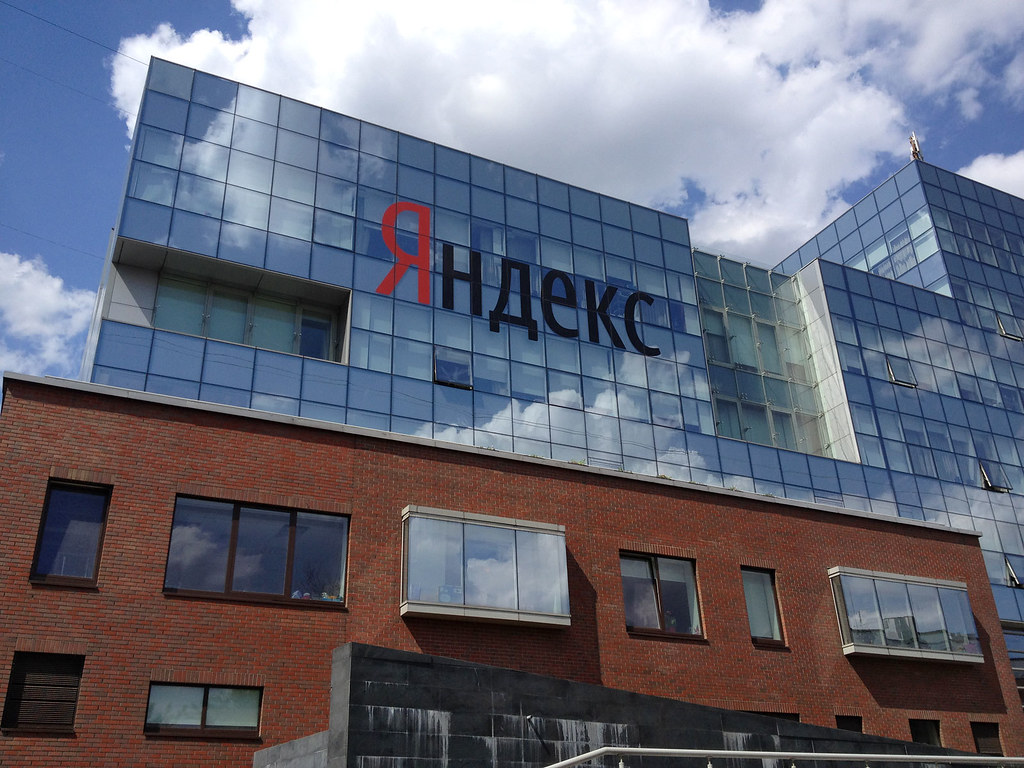This is how Yandex (the Russian Google) looks for an escape from Western sanctions

Are we sure the sanctions aren't having an effect? Judging by the problems of Yandex, the largest Russian IT company, one would not think… All the details on its plan to survive and how likely it is that it will succeed
At Yandex, Russia's largest IT company that runs the country's most used search engine, the equivalent of our Google, a restructuring is underway to separate Russian business from overseas.
The maneuver, not without obstacles, aims to save itself from the technological sanctions imposed by Western countries on Russia for having provoked the war in Ukraine. The operation should be led by Alexei Kudrin, a former finance minister and a loyalist of President Vladimir Putin.
YANDEX BUSINESS
Yandex, in addition to operating the most used search engine in the country, offers a series of services and products for the Internet such as e-mail, news, hosting services, online maps, transport and advertising.
Since the foreign competition has left, Yandex has had a free rein in Russia and this has obviously favored it. But while its revenue jumped 46% in the third quarter, its most promising businesses risk not being as resilient to the impact of sanctions.
"When the New York Nasdaq exchange suspended trading of its shares in February, – writes the Financial Times – Yandex's market capitalization had dropped to $6.8 billion, compared to more than $30 billion a year does".
YANDEX SERVICES AFFECTED BY SANCTIONS
The group has in fact bet on the development of various markets of the future: cloud computing, autonomous cars, online education and data labelling. But in these sectors, notes L'Express , Yandex's success largely depends on its ability to collaborate with Westerners and obtain some key technologies, especially servers and processors.
WANTED TO ESCAPE
To get out of the cul de sac, the FT says Yandex therefore wants to split in two. On the one hand, Russian affairs, which would remain in place and would end up even more under the control of the Kremlin (already in August , VK, a state-controlled company, agreed to buy Yandex's news feed and homepage, becoming effectively a propaganda tool ), on the other hand, future-oriented and internationalization-oriented sectors would be placed in another entity.
“The changes – writes the newspaper – would lead the Dutch holding of Yandex to exit the Russian market by selling the entire business, with the exception of the international divisions of four key units [cloud computing, autonomous cars, online education and data labelling, ed ]” .
A FAITHFUL CAPTAIN LEADS THE OPERATION
But for the restructuring project to materialize, Putin's approval is needed. According to some sources, cited by the FT , Yandex has informally enlisted former Finance Minister Alexei Kudrin to convince the Russian president.
Kudrin declared yesterday that he will resign as head of the Chamber of Accounts "to concentrate on private initiatives", unspecified. Putin's staunch ally is the most high-profile government official to leave office since the war began.
However, according to the FT , Kudrin, "like many of Russia's top economic officials, privately opposes the war, but has not spoken out against it or criticized Putin." Moreover, according to the newspaper, the same Arkady Volozh, founder of Yandex who lives in Israel, "is also horrified by the war and, according to friends, has not returned to Russia since it began".
However, the company has not made any public statements about the invasion.
A MISSION THAT COULD FAIL
While several staunch Russian oligarchs, including Vladimir Potanin , and digital bank Tinkoff have expressed interest in a stake in Yandex, there are various hurdles in the way of restructuring.
In fact, although it tries to distance itself from the Kremlin to safeguard its ambitions, the company has not only seen Western investors and important partners fade away but has also already lost more than 10% of its 19,000 employees, who with the outbreak of war they left Russia, and as the Center for European Policy Analysis (CEPA) points out, 90% of Yandex's intellectual property is located in Russia.
Therefore, the dreamed freedom could be priceless because, as L'Express states, despite the fact that the Yandex holding is located in the Netherlands, "this group is in fact the main technological success story in Russia" and "has always been forced to play according to the rules of the Kremlin".
This is a machine translation from Italian language of a post published on Start Magazine at the URL https://www.startmag.it/innovazione/ecco-come-yandex-il-google-russo-cerca-una-via-di-fuga-dalle-sanzioni-occidentali/ on Wed, 30 Nov 2022 14:14:03 +0000.
